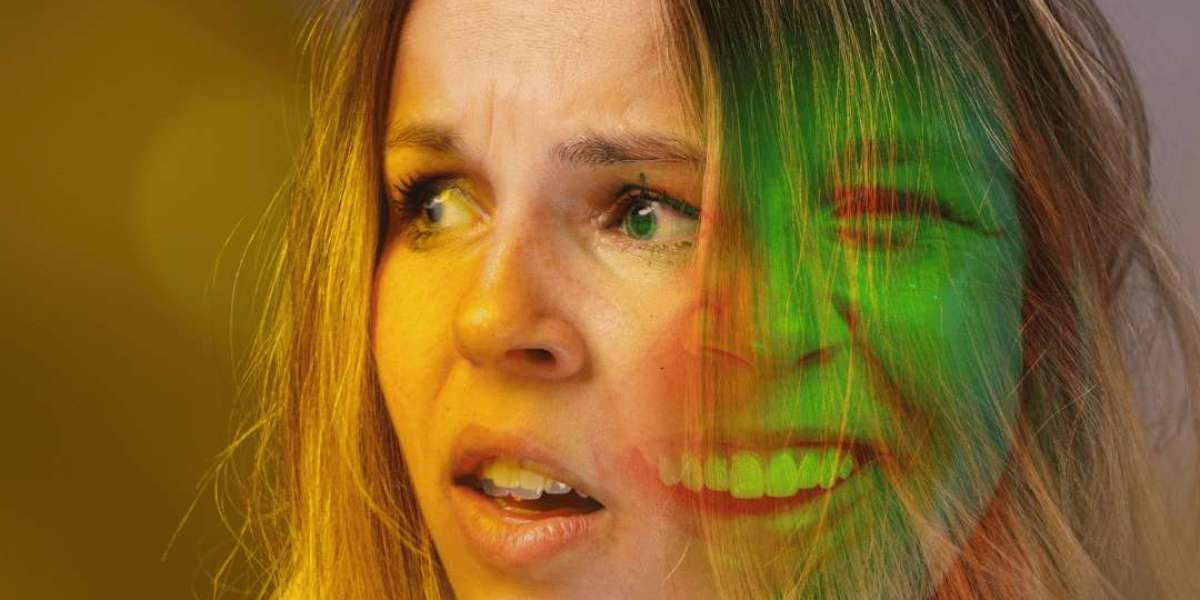If you’ve been diagnosed with bipolar disorder, medication will likely be a foundational part of your treatment plan especially for managing the depressive side of the condition. Bipolar depression can be debilitating, but the right medications can bring stability, improve functioning, and help you regain control of your life.
FDA-Approved Medications for Bipolar Depression
While many medications are used to manage bipolar depression, only five are officially approved by the U.S. Food and Drug Administration (FDA) for this purpose. These include:
- Cariprazine (Vraylar) – An atypical antipsychotic approved in 2015. It is often used to treat both manic and depressive symptoms.
- Lurasidone (Latuda) – Approved in 2010, it’s commonly prescribed due to its relatively favorable side effect profile.
- Olanzapine (Zyprexa) – Approved in 1996, often used in severe cases of bipolar depression.
- Olanzapine-Fluoxetine (Symbyax) – A combination of an antipsychotic and antidepressant, approved in 2003 for treatment-resistant bipolar depression.
- Quetiapine (Seroquel) – Approved in 1997, it’s widely used due to its sedative effects and effectiveness for depressive episodes.
Although these five are FDA-approved, other medications such as mood stabilizers, anticonvulsants, and antidepressants are also frequently prescribed depending on individual symptoms and history.
Antipsychotics for Bipolar Depression
Atypical antipsychotics are the most used medications for managing bipolar depression. These drugs can help stabilize mood and treat depressive symptoms while also controlling any potential manic or psychotic features.
Common Atypical Antipsychotics:
- Aripiprazole (Abilify)
- Cariprazine (Vraylar)
- Clozapine (Clozaril)
- Lurasidone (Latuda)
- Olanzapine (Zyprexa)
- Quetiapine (Seroquel)
- Risperidone (Risperdal)
- Ziprasidone (Geodon)
Side Effects: Most people experience mild side effects like dry mouth, constipation, drowsiness, or sexual dysfunction. However, some medications, especially clozapine and olanzapine, may lead to significant weight gain, metabolic syndrome, or type 2 diabetes.
Typical (First-Generation) Antipsychotics:
These older drugs are less commonly used today for bipolar depression but may be considered in certain cases:
- Chlorpromazine (Thorazine)
- Fluphenazine (Prolix in)
- Haloperidol (Haldol)
- Flupentixol (Fluanxol)
- Zuclopenthixol (Opixol)
Note: First-generation antipsychotics can cause movement disorders known as extrapyramidal side effects.
Mood Stabilizers and Anticonvulsants
These medications help prevent mood swings and are often part of a long-term treatment plan for bipolar disorder.
Common Mood Stabilizers / Anticonvulsants:
- Lithium – A classic mood stabilizer shown to reduce suicidal behavior and depressive episodes.
- Carbamazepine (Tegretol, Equetro)
- Lamotrigine (Lamictal) – Particularly effective in preventing bipolar depression.
- Valproic Acid (Depakote, Depakene)
- Topiramate (Topamax)
Side Effects: These may include dizziness, weight gain, nausea, fatigue, and tremors. Lamotrigine carries a rare but serious risk of skin rash (Stevens-Johnson Syndrome), so dosing must be carefully managed.
Antidepressants: A Cautious Approach
While antidepressants may seem like a natural choice for treating depression, their use in bipolar disorder is controversial. On their own, antidepressants can trigger mania or mixed episodes. Therefore, they are typically prescribed only alongside a mood stabilizer or antipsychotic.
SSRIs (Selective Serotonin Reuptake Inhibitors):
- Citalopram (Celexa)
- Escitalopram (Lexapro)
- Sertraline (Zoloft)
- Fluoxetine (Prozac)
- Fluvoxamine (Luvox)
- Paroxetine (Paxil)
SNRIs (Serotonin-Norepinephrine Reuptake Inhibitors):
- Venlafaxine (Effexor)
- Duloxetine (Cymbalta)
- Desvenlafaxine (Pristiq)
Tricyclic Antidepressants:
- Amitriptyline
- Clomipramine (Anafranil)
- Imipramine (Tofranil)
- Nortriptyline (Pamelor)
- Doxepin (Sinequan)
- Desipramine (Norpramin)
- Amoxapine (Asendin)
Side Effects: Fatigue, weight gain, dry mouth, sexual dysfunction, and insomnia are common. More serious risks include worsening depression, suicidal thoughts, agitation, or manic episodes especially if not paired with a stabilizing medication.
Finding the Right Medication Combination
Most people with bipolar depression respond best to a combination of medications, rather than just one. The process of finding the right mix may take time and involve trial and error but when the right regimen is found, it can dramatically improve quality of life.
It’s important to work closely with your psychiatrist, regularly monitor your symptoms, and be open about side effects or emotional changes. Every brain is different, and your treatment should be tailored to your unique needs and experiences.
Final Thoughts
Managing bipolar depression often requires a comprehensive approach that includes Bipolar Depression Medication, therapy, lifestyle changes, and ongoing support. While medications come with side effects, the benefits of mood stabilization and improved daily functioning usually outweigh the risks when treatment is managed carefully.
Understanding the full range of options from FDA-approved antipsychotics to mood stabilizers and antidepressants can empower you to make informed decisions about your mental health. With time, patience, and professional guidance, recovery is possible.







